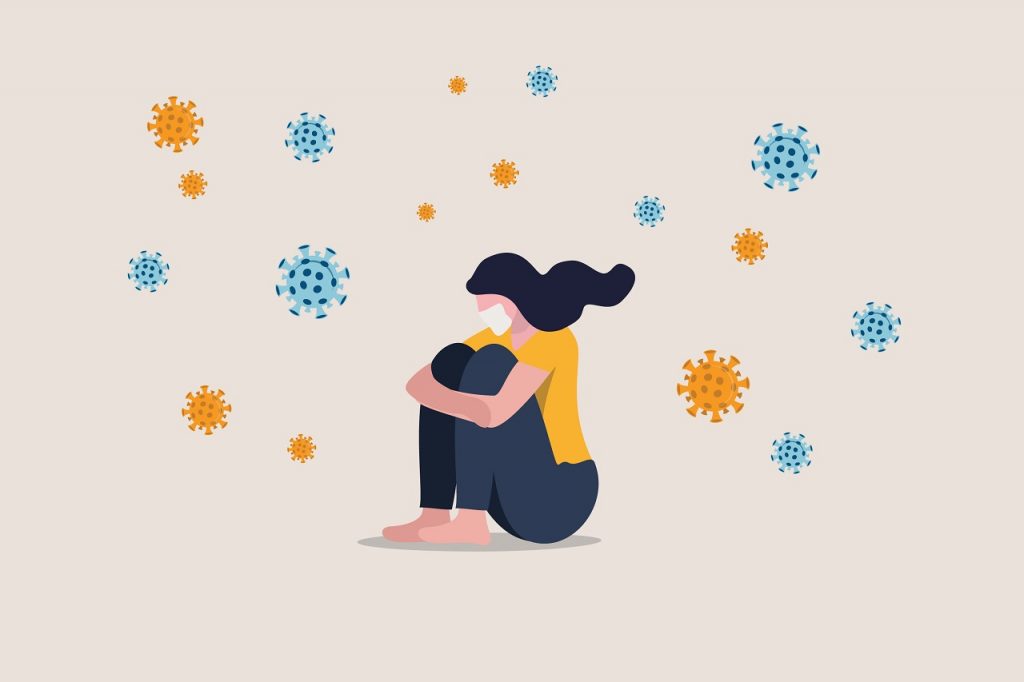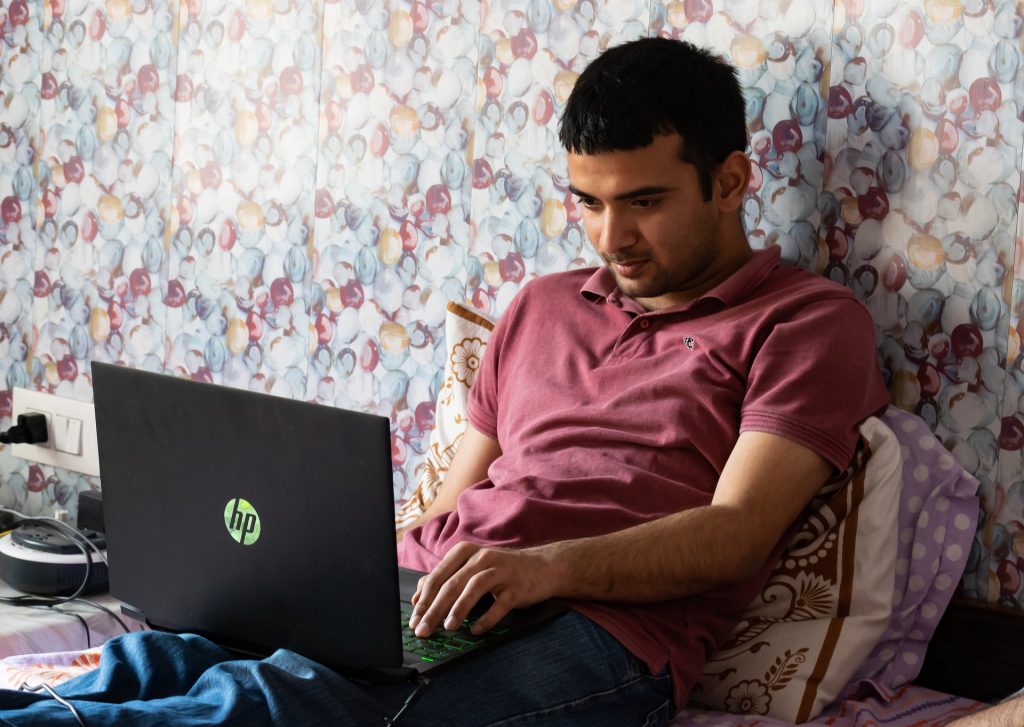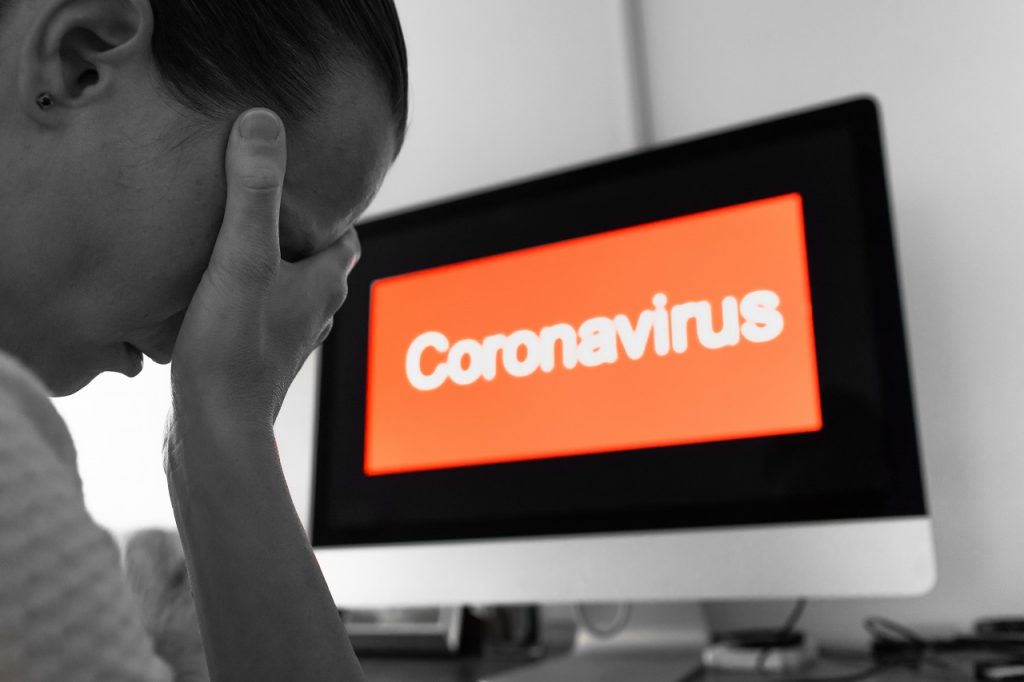 In 2020, we released a study that revealed how 43% Indians are plagued with depression. But surprisingly, even in large metros like Mumbai, awareness of mental health is low, stigma is high and discrimination against people with mental health concerns is a harsh reality. The very recommendation that one should see a therapist or a mental health professional is received with distaste at best and anger at worst.
In 2020, we released a study that revealed how 43% Indians are plagued with depression. But surprisingly, even in large metros like Mumbai, awareness of mental health is low, stigma is high and discrimination against people with mental health concerns is a harsh reality. The very recommendation that one should see a therapist or a mental health professional is received with distaste at best and anger at worst.
What is Mental Health?
The world over ‘Mental Health’ week is being observed but do we understand ‘Mental Health’? It is important that we first understand what “Mental Health” means. It does not just refer to the absence of illness, rather it denotes a state of mind that allows people to believe in their abilities, work productively, cope effectively with day to day stressors, reach out for help when feeling overwhelmed, relate to others, and to work towards their highest potential.
While the mental health condition of a person is established by the individual’s ability to manage his/her thoughts, feelings, actions and interactions with others, mental illnesses and disorders are often caused by a combination of factors including social discrimination, lack of protective policies, poor working conditions, poverty, lack of education, below average living standards, abuse (verbal, physical and sexual) and absence of familial or/and social support systems. It is true that certain genetics and specific personality attributes can make people more vulnerable to mental health issues, however contrary to popular belief, these are neither the only nor the most significant contributors to mental illnesses or disorders.
According to a survey conducted nationally, in 2018, on the attitudes towards people affected by mental health concerns, the top three attitudes prevalent in India were found to be the following:
- People with mental illness should not be given any responsibility
- One of the main causes of mental illness is a lack of self-discipline and will-power
- Mentally unhealthy people should have their own groups – healthy people need not be contaminated by them.
If one is diagnosed with cancer or with Malaria, would we ask them to get their act together and get better or expect them to use will-power to cure themselves? In terms of its prevalence and the number of people impacted by it, mental health issues are no different to physical health concerns and they need to be addressed with the same care and concern that is adapted to tackle a physical ailment, rather than with disdain and scorn.
With the existing attitudes, it comes as no surprise that the affected people, as well as the families, refrain from talking about their concerns or seeking the support they need due to the fear of being judged or labelled. But there are changes each of us can make that will help in creating an environment that promotes positive mental health.
Here are four steps you could take to do your bit in reducing social stigma attached to mental health concerns:
1. Educate Yourself About Mental Illnesses
General beliefs that people with mental illness are dangerous or are violent are myths which have unfortunately been propagated by movies. Often people with mental illnesses are victims of violence and abuse themselves. Question every stereotype and treat people with respect, irrespective of their diagnoses.
2. Stop Using Labels
Often people say things like ‘she is depressed’ or ‘he is schizophrenic’. The mental illness that someone deals with, is just one aspect of their lives and not their identity. Hence use language that separates the person from the health issue. For example, we could say “she deals with depression” or “he’s been diagnosed with schizophrenia”. Use language that’s respectful and sensitive.
3. Support People
Remember that people who deal with mental health issues make important contributions to the world. Did you know that Mr. Kjell Magne Bondevik, the ex-Prime Minister of Norway had suffered from a depressive episode in August 1998 while he was still in power? He took some time out to recover and continued as PM till March 2000. Do not judge people to be incompetent or dismiss their capabilities based on a mental health condition they may be suffering from. Treat people with dignity, just like you would like to be treated yourself, had you been in their position. Encourage the actions that your own family members and friends take to overcome mental illness, support their efforts to get well and lead productive lives.
4. Encourage & Initiate Open Discussions
If you yourself have dealt with or are dealing with mental health issues, talk about it. Your courage will help in creating awareness and empower many others. If it is a family member or friend who is dealing with it, talk openly regarding the illness with their permission and in doing so, you will take away the shame attached to it.
The first Director-General of the World Health Organization (WHO), Dr. Brock Chisholm, in 1954, had quite aptly declared that “without mental health, there can be no true physical health.” On this very important day, let’s pledge to do our bit by becoming advocates to reducing the stigma surrounding mental health concerns and promote a world of inclusion and sensitivity.
For more on Mental Health, check out Healthy Reads or tune in to Emotional Wellness Expert Divya Thampi’s classes on GOQii Play.
#BeTheForce

 It wasn’t that long ago that working from home was considered a luxury that only a few could afford. But with the pandemic setting in, working from home (WFH) became the norm. And suddenly it doesn’t feel like all that it was made out to be. To start with, the pandemic forced most people to switch from work-from-office to WFH, irrespective of their preference, and studies show that perceived lack of choice can add to people’s overall sense of unhappiness and dissatisfaction. Secondly, even for those who may have preferred WFH, the suddenness of the change deprived them of the opportunity to plan and prepare for it. In many households, the added responsibility of children being at home, with the schools going online, only added to the chaos.
It wasn’t that long ago that working from home was considered a luxury that only a few could afford. But with the pandemic setting in, working from home (WFH) became the norm. And suddenly it doesn’t feel like all that it was made out to be. To start with, the pandemic forced most people to switch from work-from-office to WFH, irrespective of their preference, and studies show that perceived lack of choice can add to people’s overall sense of unhappiness and dissatisfaction. Secondly, even for those who may have preferred WFH, the suddenness of the change deprived them of the opportunity to plan and prepare for it. In many households, the added responsibility of children being at home, with the schools going online, only added to the chaos. 





